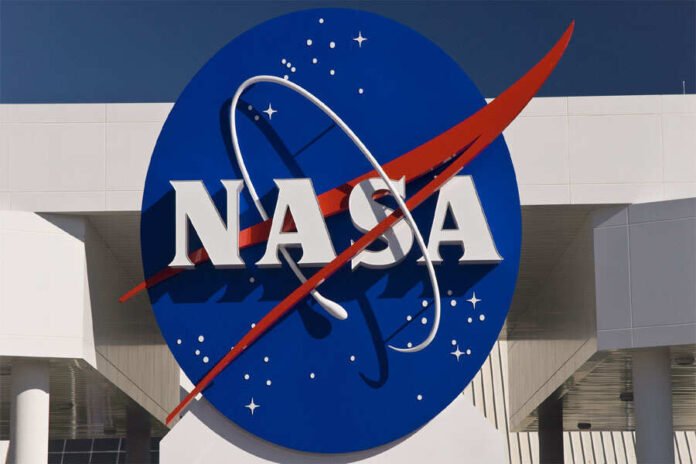Five Indigenous Australian university students are about to embark on a thrilling journey to NASA’s Jet Propulsion Laboratory (JPL) in the United States, as part of Monash University’s National Indigenous Space Academy (NISA), supported by the Australian Space Agency and CSIRO.
The students will jet off to California for a 10-week internship at NASA’s JPL in August, where they will be mentored by top-tier scientists and engineers. They’ll dive into groundbreaking projects and contribute to some of NASA’s most exciting space missions.
Meet the students:
- Gamilaroi man, Carl Goodwin, Monash University
- Eastern Arrernte man, David Corporal, QUT
- Lunga Kija man, Jordan McGrath, Griffith University
- Tharawal woman, Renee Wootten, University of Sydney
- Palawa woman, Lucy Barr, University of Tasmania
Proud Gamilaroi man from Brisbane, Carl Goodwin, is a Masters of Artificial Intelligence (AI) student at Monash University Faculty of Information Technology (FIT) and is one of the five people selected for the internship at NASA’s Jet Propulsion Laboratory this year.
Each of the interns will be paired with mentors at JPL to work on different projects and missions. Mr Goodwin will be analysing spectral data captured by NASA’s Earth Surface Mineral Dust Source Investigation (EMIT) mission aboard the International Space Station.
“I am really excited to apply my AI and machine learning knowledge for research in the space sector,” Mr Goodwin said.
“Apart from working with world-leading space scientists this is also a great opportunity for me to interact and work with other like-minded Indigenous people. Our People are underrepresented in Science, Technology, Engineering and Maths, (STEM), and programs like NISA are providing valuable stepping stones for First Nations students in this sector.”
Professor Chris Lawrence, Associate Dean (Indigenous) at Monash University’s Faculties of Engineering and IT, said he was thrilled for the students.
“These outstanding Indigenous STEM students will be involved in cutting-edge NASA/JPL projects, from ocean exploration vehicles to studying microorganisms on the International Space Station,” Professor Lawrence said.
“Empowering our Indigenous youth to learn from the best in the world is phenomenal. We dream of NISA one day producing the world’s first Aboriginal astronaut.”
Before heading to the US, the students will gear up with Monash’s ‘Space Boot Camp,’ an intensive program covering aerodynamics, robotics, rovers, rockets astrophysics, planetary science, engineering, computer and earth sciences, and a deep dive into NASA’s JPL past and current space exploration missions.
NISA also proudly announces the introduction of the CSIRO as a new partner, supporting the advancement and empowerment of Indigenous STEM researchers through a newly established scholarship program.
Taylor Bamin, Gamilaraay woman and CSIRO’s Indigenous Talent Manager said she was excited by the new partnership.
“These scholarships are an important step in supporting the work of the National Indigenous Space Academy and building a community of Indigenous STEM professionals who are global leaders in their fields. Being able to support Indigenous Australian university students to participate in this extraordinary program is one way we can champion STEM careers and drive innovation for the benefit of Australia,” Ms Bamin said.
NISA is proudly supported by and partnered with the Australian Space Agency and CSIRO.
To learn more about the NISA program, visit: www.monash.edu/it/nisa
About Monash University
Monash is a modern, global, research-intensive university, delivering education and research excellence in Australia and across the Indo-Pacific. It continues its rise in the prestigious QS World University Rankings 2025, now ranked 37th globally.



